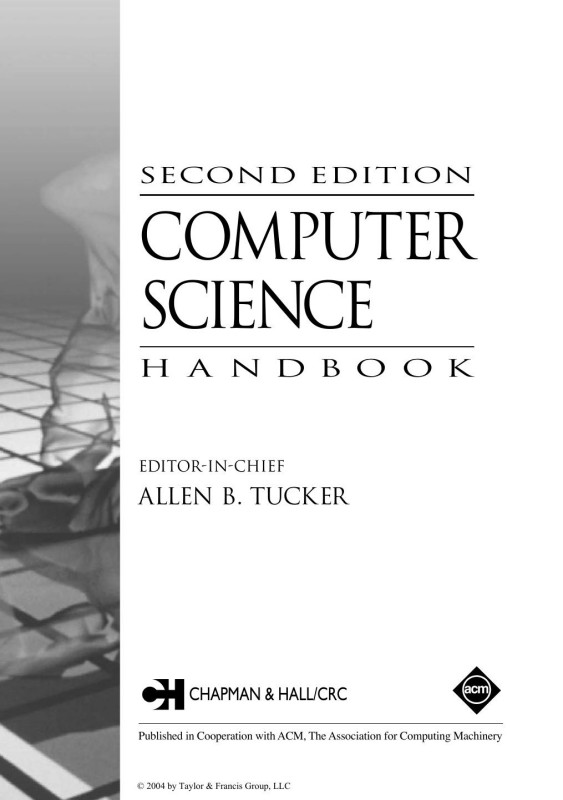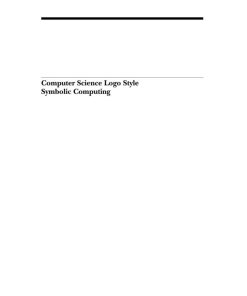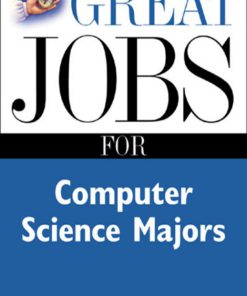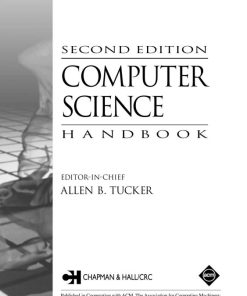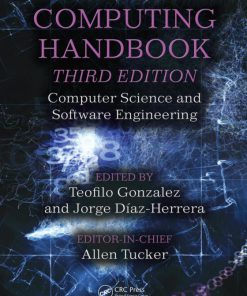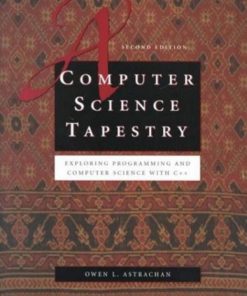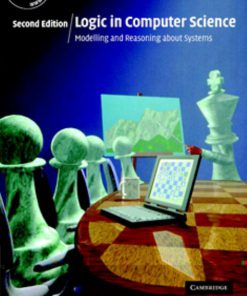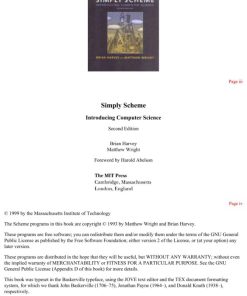Computer science handbook 2nd Edition by Allen Tucker ISBN 158488360X 9781584883609
Original price was: $50.00.$25.00Current price is: $25.00.
Authors:Allen B. Tucke , Series:IT & Computer [352] , Tags:Computer Engineering; Information Technology , Author sort:Tucke, Allen B. , Languages:Languages:eng , Published:Published:Jan 2007 , Publisher:Chapman And Hall/crc , Comments:When you think about how far and fast computer science has progressed in recent years, it’s not hardto conclude that a seven-year old handbook may fall a little short of the kind of reference today’s computer scientists, software engineers, and IT professionals need. With a broadened scope, more emphasis on applied computing, and more than 70 chapters either new or significantly revised, the Computer Science Handbook, Second Edition is exactly the kind of reference you need. This rich collection of theory and practice fully characterizes the current state of the field and conveys the modern spirit, accomplishments, and direction of computer science.Highlights of the Second Edition: Coverage that reaches across all 11 subject areas of the discipline as defined in Computing Curricula 2001, now the standard taxonomy More than 70 chapters revised or replaced Emphasis on a more practical/applied approach to IT topics such as information management, net-centric computing, and human computer interaction More than 150 contributing authors–all recognized experts in their respective specialties New chapters on:cryptography computational chemistry computational astrophysics human-centered software developmentcognitive modeling transaction processing data compressionscripting languages event-driven programmingsoftware architecture« less; « less

